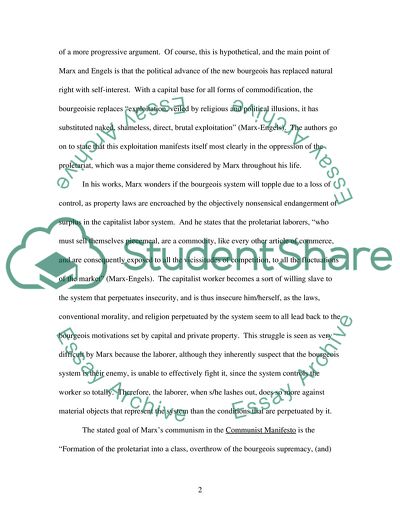Cite this document
(Analysis of Marxs Conception of the Capitalist Labour Process Report, n.d.)
Analysis of Marxs Conception of the Capitalist Labour Process Report. https://studentshare.org/philosophy/1734864-discuss-marxs-conception-of-the-capitlish-labour-process-by-making-reference-to-his-won-and-other-marxists-writings
Analysis of Marxs Conception of the Capitalist Labour Process Report. https://studentshare.org/philosophy/1734864-discuss-marxs-conception-of-the-capitlish-labour-process-by-making-reference-to-his-won-and-other-marxists-writings
(Analysis of Marxs Conception of the Capitalist Labour Process Report)
Analysis of Marxs Conception of the Capitalist Labour Process Report. https://studentshare.org/philosophy/1734864-discuss-marxs-conception-of-the-capitlish-labour-process-by-making-reference-to-his-won-and-other-marxists-writings.
Analysis of Marxs Conception of the Capitalist Labour Process Report. https://studentshare.org/philosophy/1734864-discuss-marxs-conception-of-the-capitlish-labour-process-by-making-reference-to-his-won-and-other-marxists-writings.
“Analysis of Marxs Conception of the Capitalist Labour Process Report”. https://studentshare.org/philosophy/1734864-discuss-marxs-conception-of-the-capitlish-labour-process-by-making-reference-to-his-won-and-other-marxists-writings.


